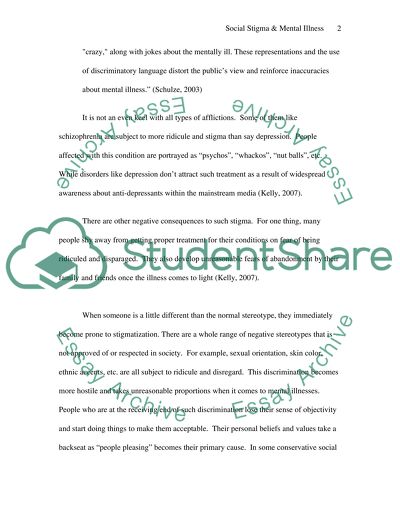Cite this document
(“Social Stigma and Mental Illness Essay Example | Topics and Well Written Essays - 2500 words”, n.d.)
Social Stigma and Mental Illness Essay Example | Topics and Well Written Essays - 2500 words. Retrieved from https://studentshare.org/miscellaneous/1544343-social-stigma-and-mental-illness
Social Stigma and Mental Illness Essay Example | Topics and Well Written Essays - 2500 words. Retrieved from https://studentshare.org/miscellaneous/1544343-social-stigma-and-mental-illness
(Social Stigma and Mental Illness Essay Example | Topics and Well Written Essays - 2500 Words)
Social Stigma and Mental Illness Essay Example | Topics and Well Written Essays - 2500 Words. https://studentshare.org/miscellaneous/1544343-social-stigma-and-mental-illness.
Social Stigma and Mental Illness Essay Example | Topics and Well Written Essays - 2500 Words. https://studentshare.org/miscellaneous/1544343-social-stigma-and-mental-illness.
“Social Stigma and Mental Illness Essay Example | Topics and Well Written Essays - 2500 Words”, n.d. https://studentshare.org/miscellaneous/1544343-social-stigma-and-mental-illness.


